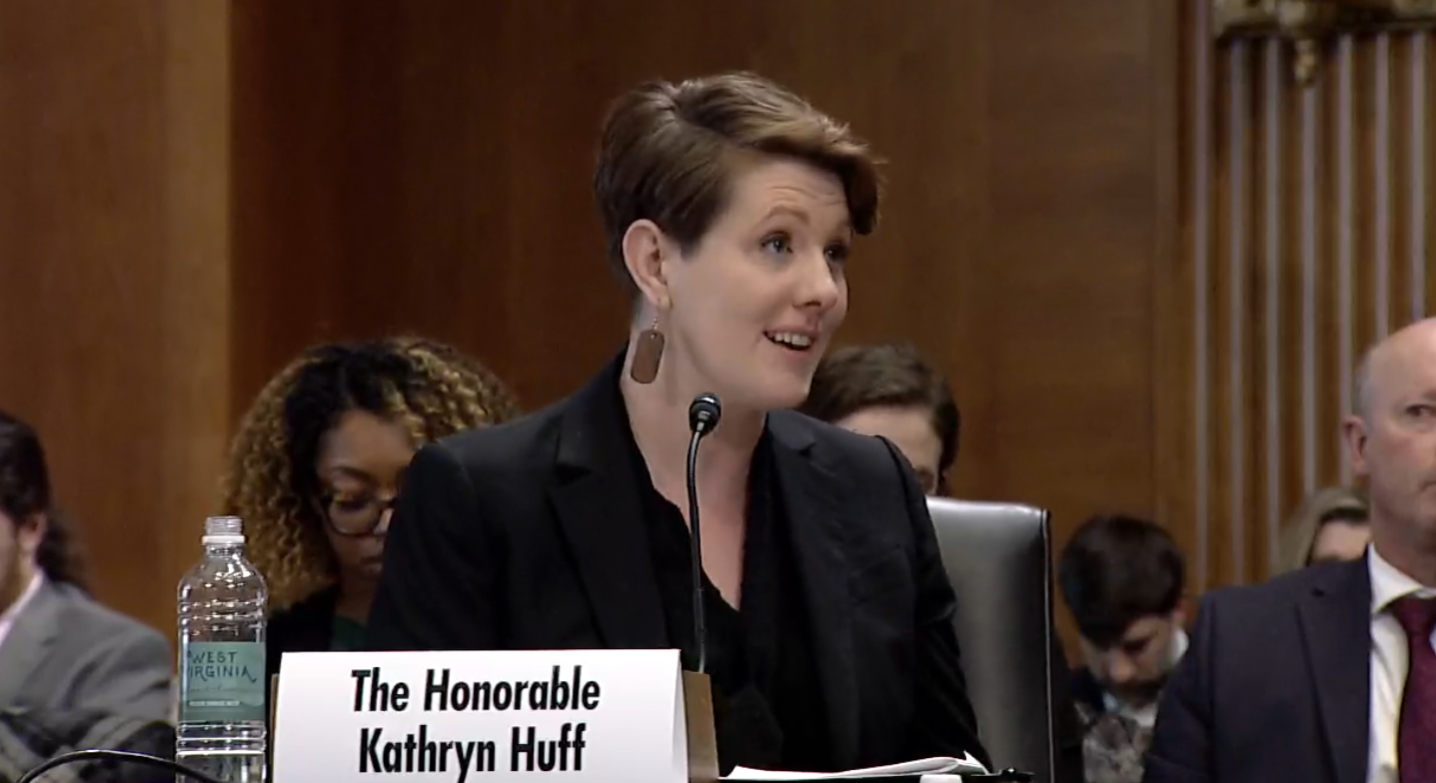
WASHINGTON — It will still be another decade or so before the Department of Energy identifies a willing host community for a federal interim storage site for spent nuclear fuel, a senior official said here.
“We probably won’t have constructed interim storage…